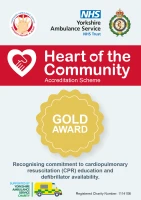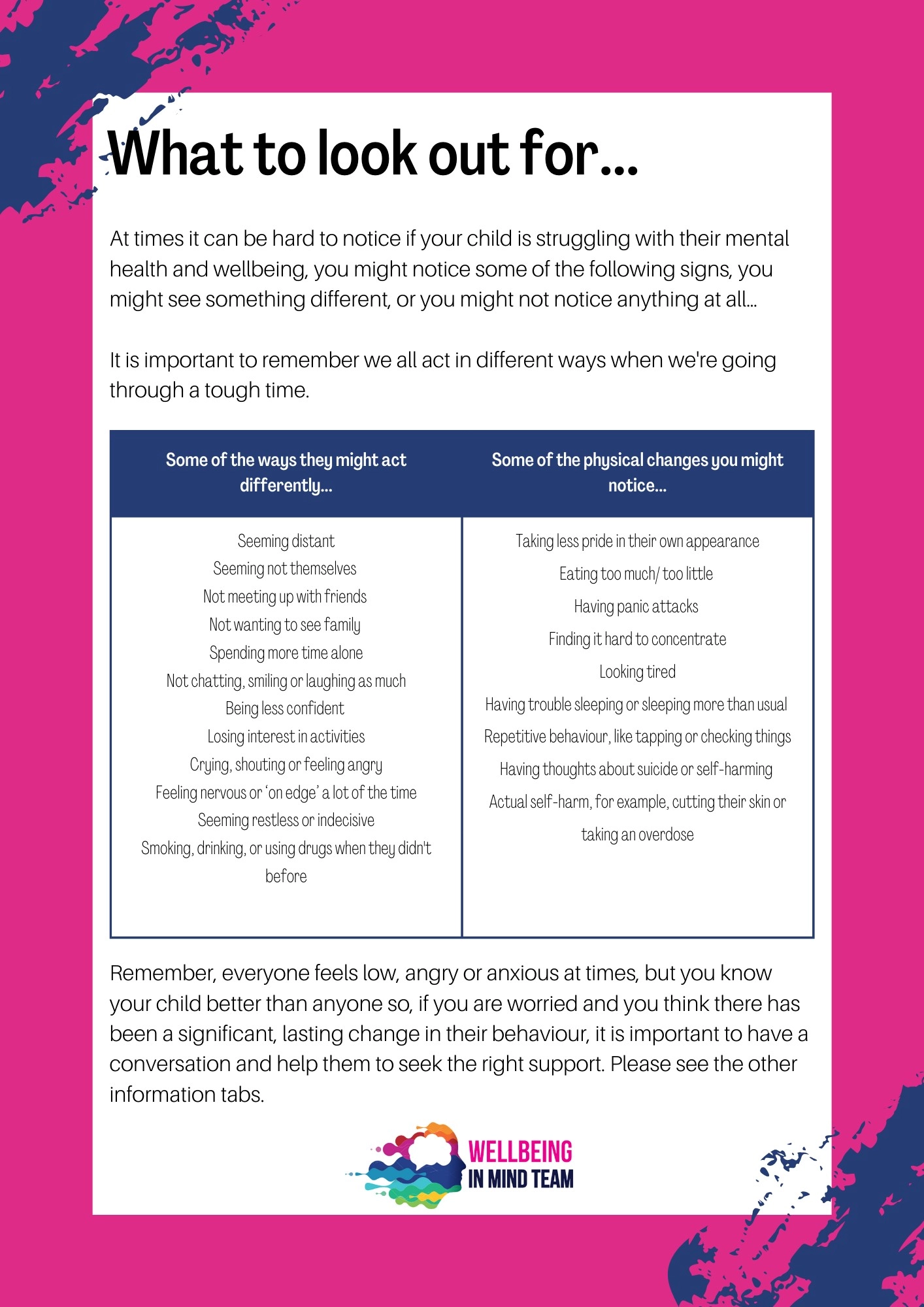
At Rossett School we are proud of the support we offer to all our students.
Wellbeing in Mind
 The Wellbeing in Mind Team is based at Rossett School and is an NHS service that has been introduced as part of the national plans to expand mental health services for children, young people and their families within the educational setting.
The Wellbeing in Mind Team is based at Rossett School and is an NHS service that has been introduced as part of the national plans to expand mental health services for children, young people and their families within the educational setting.
The Wellbeing in Mind Team aims to positively impact the mental health and wellbeing of young people in our area.
Wellbeing in Mind Support Resources
What to look out for

Starting conversations
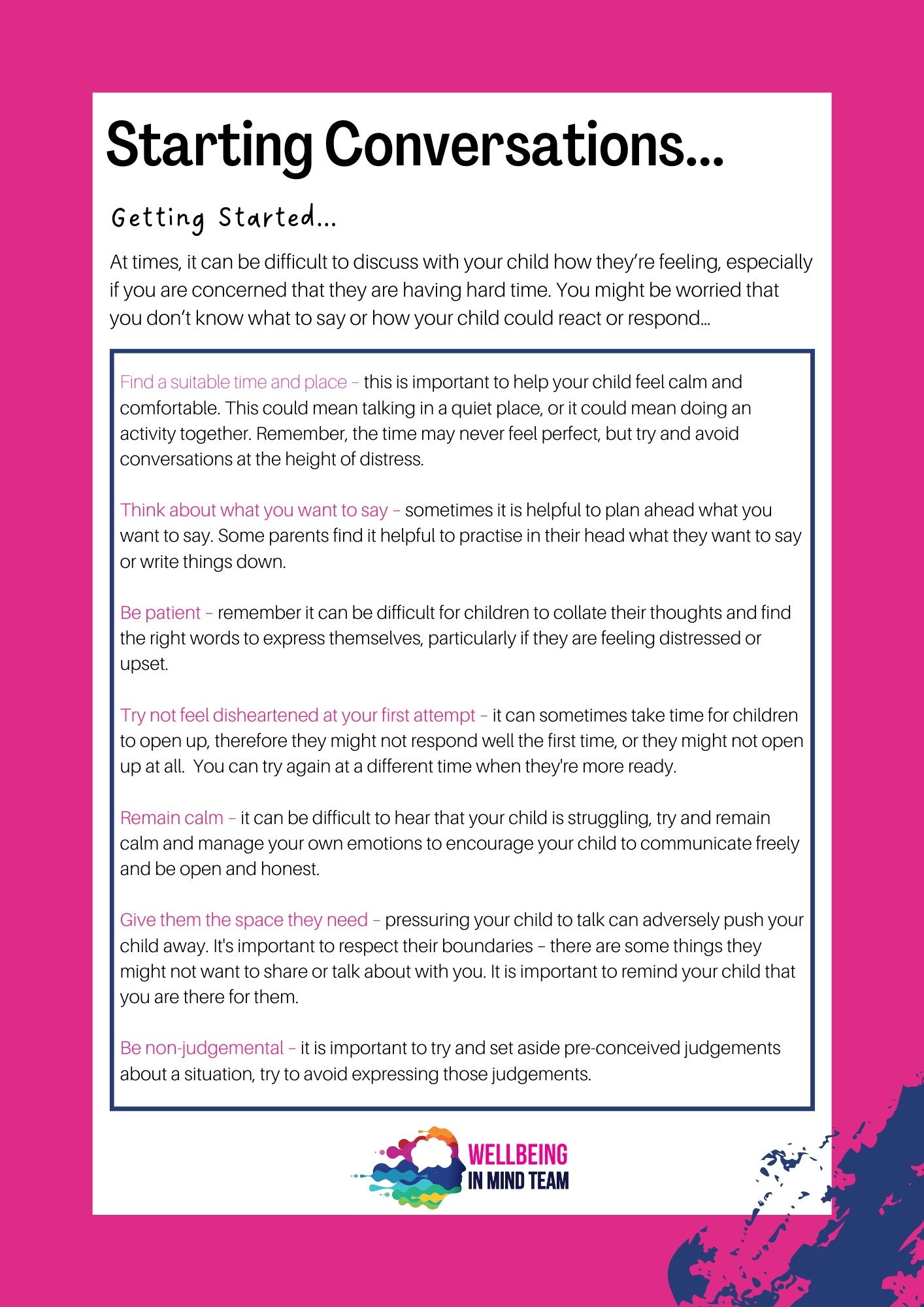
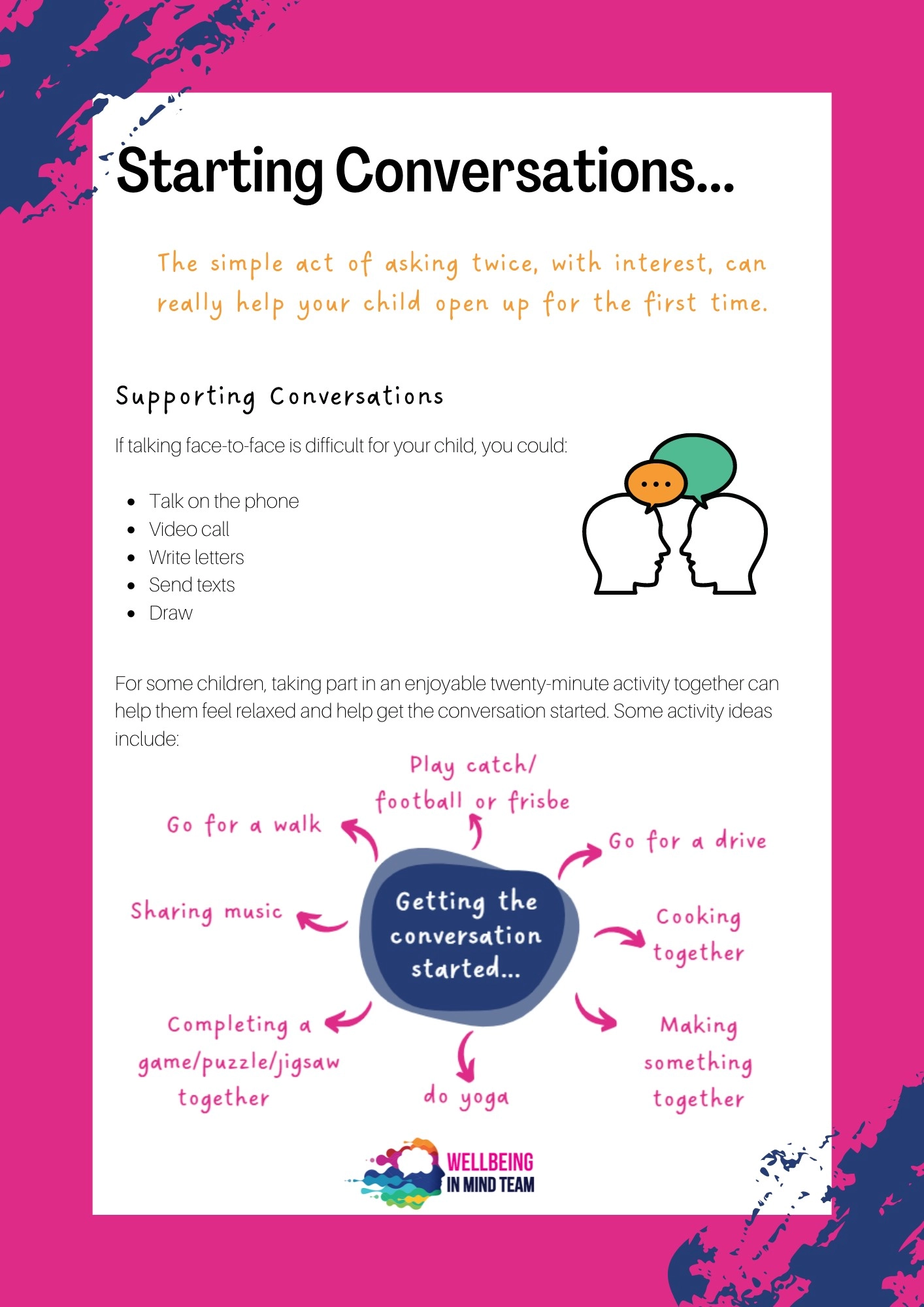
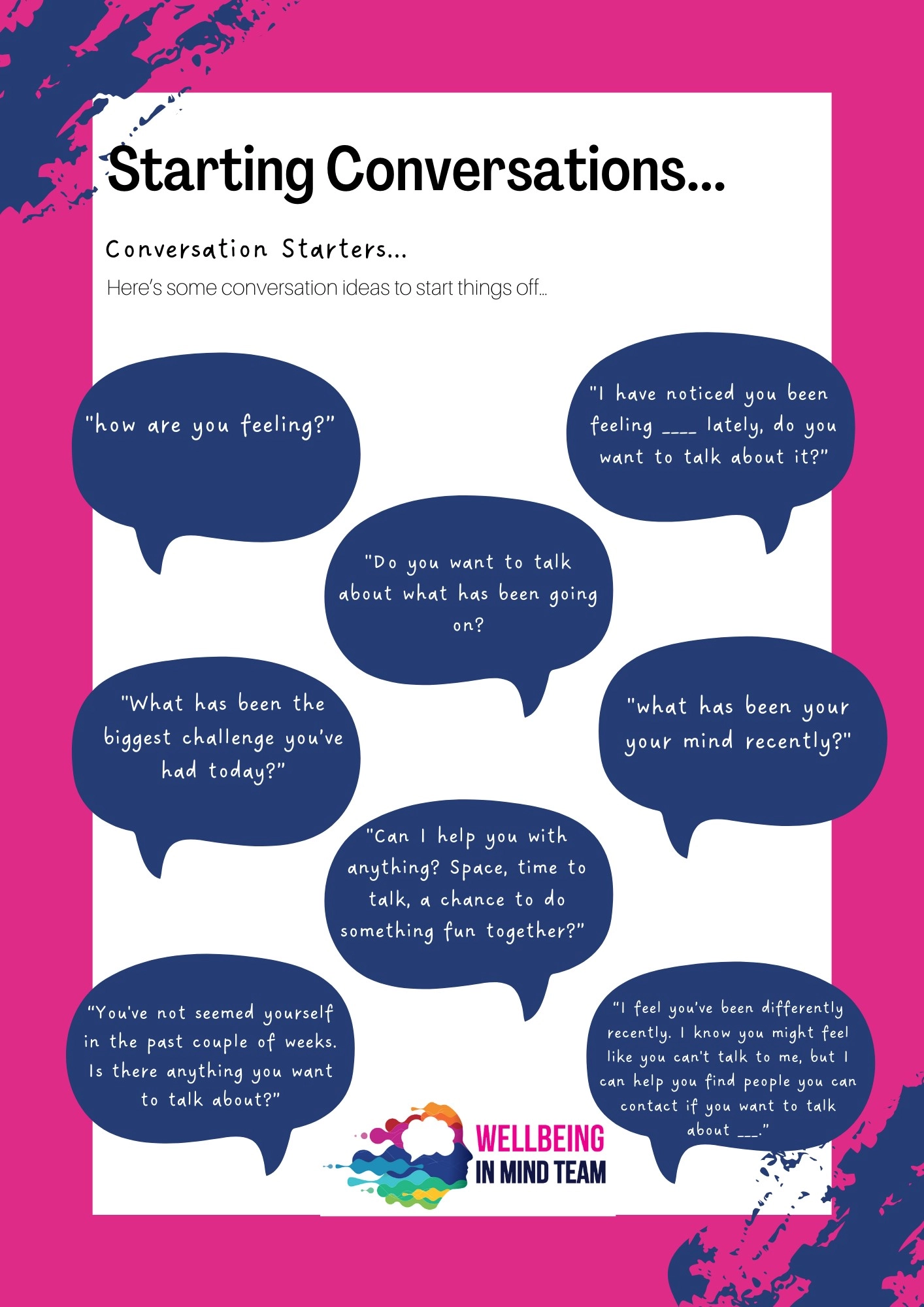
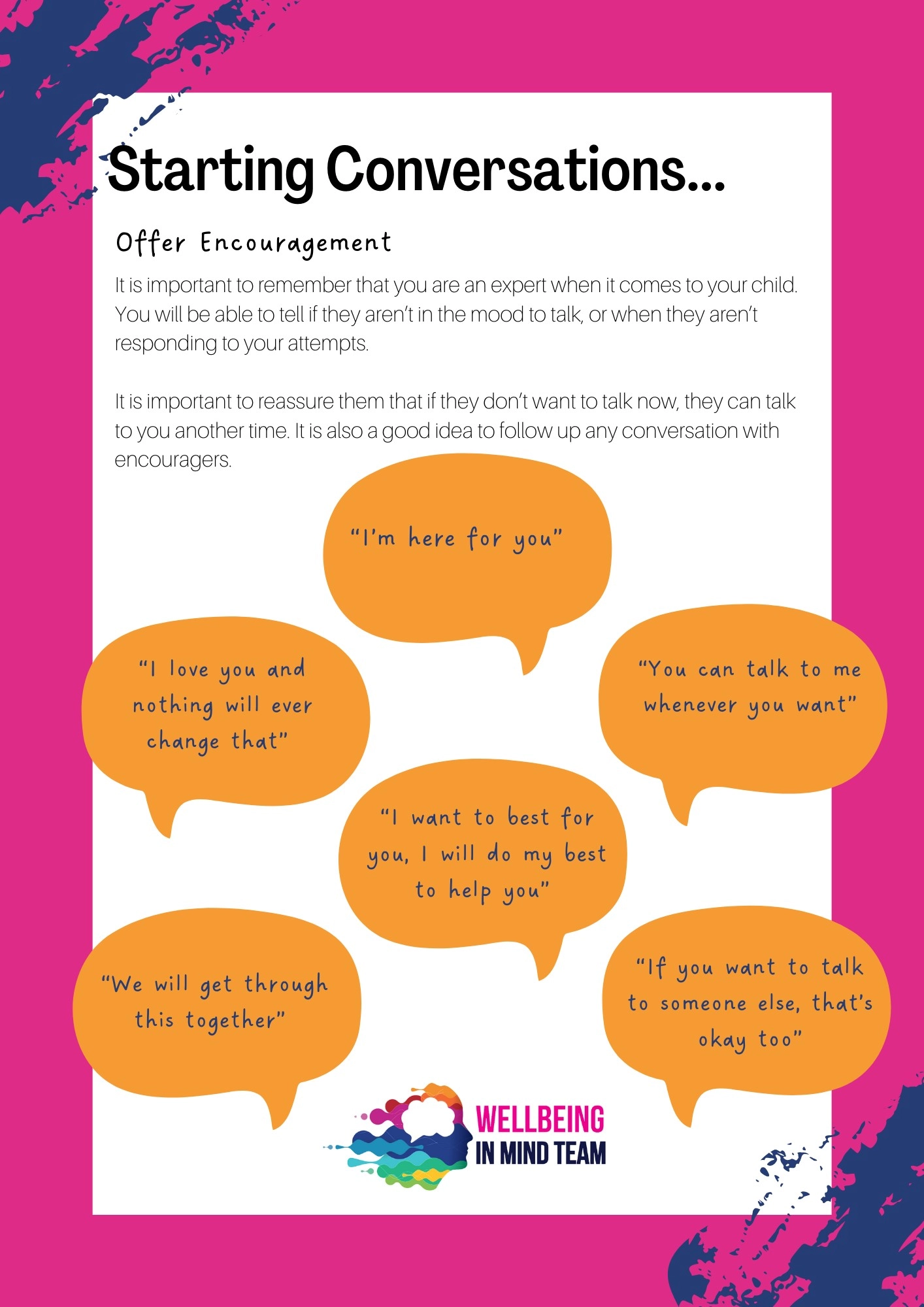
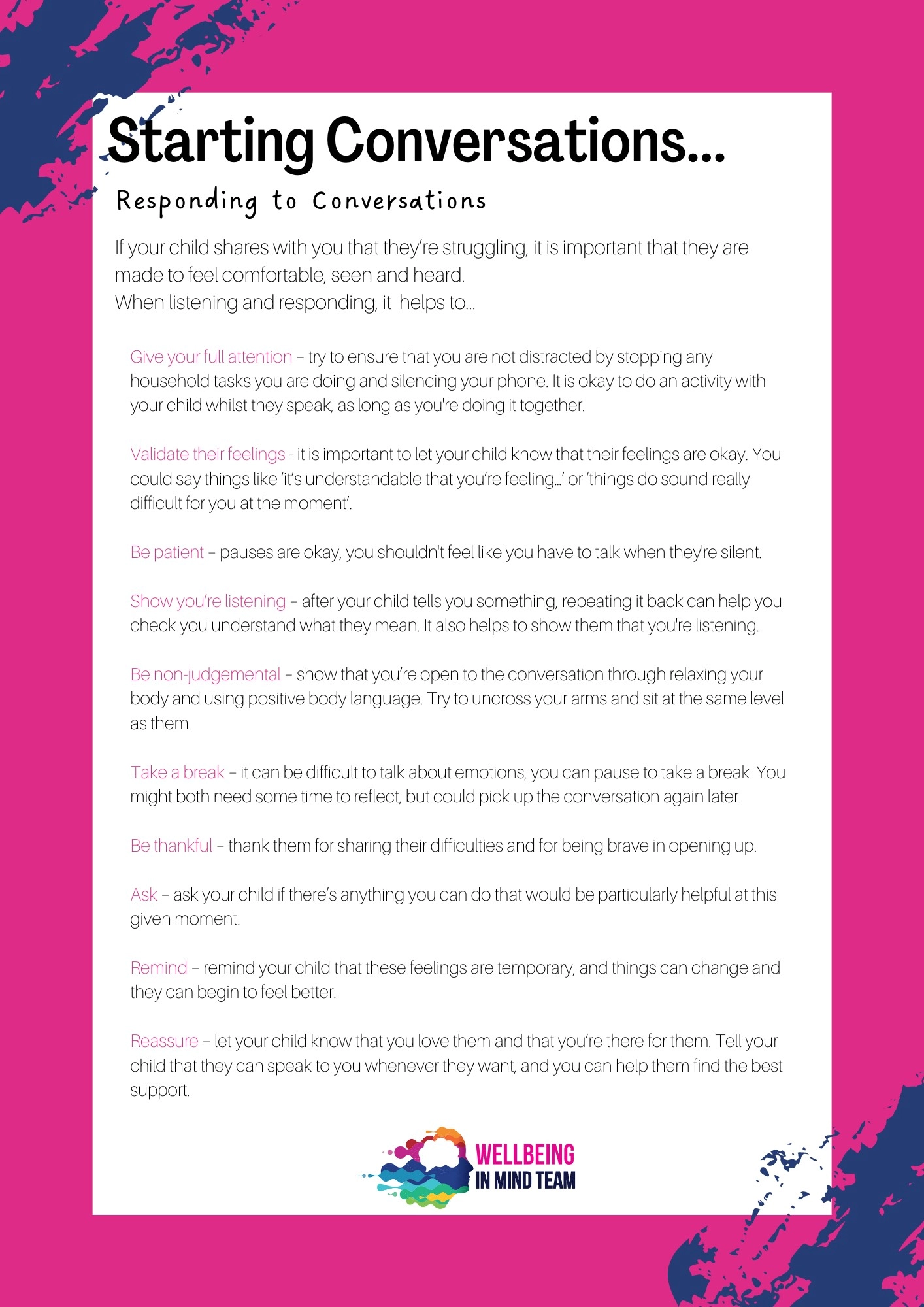
Promoting wellbeing at home
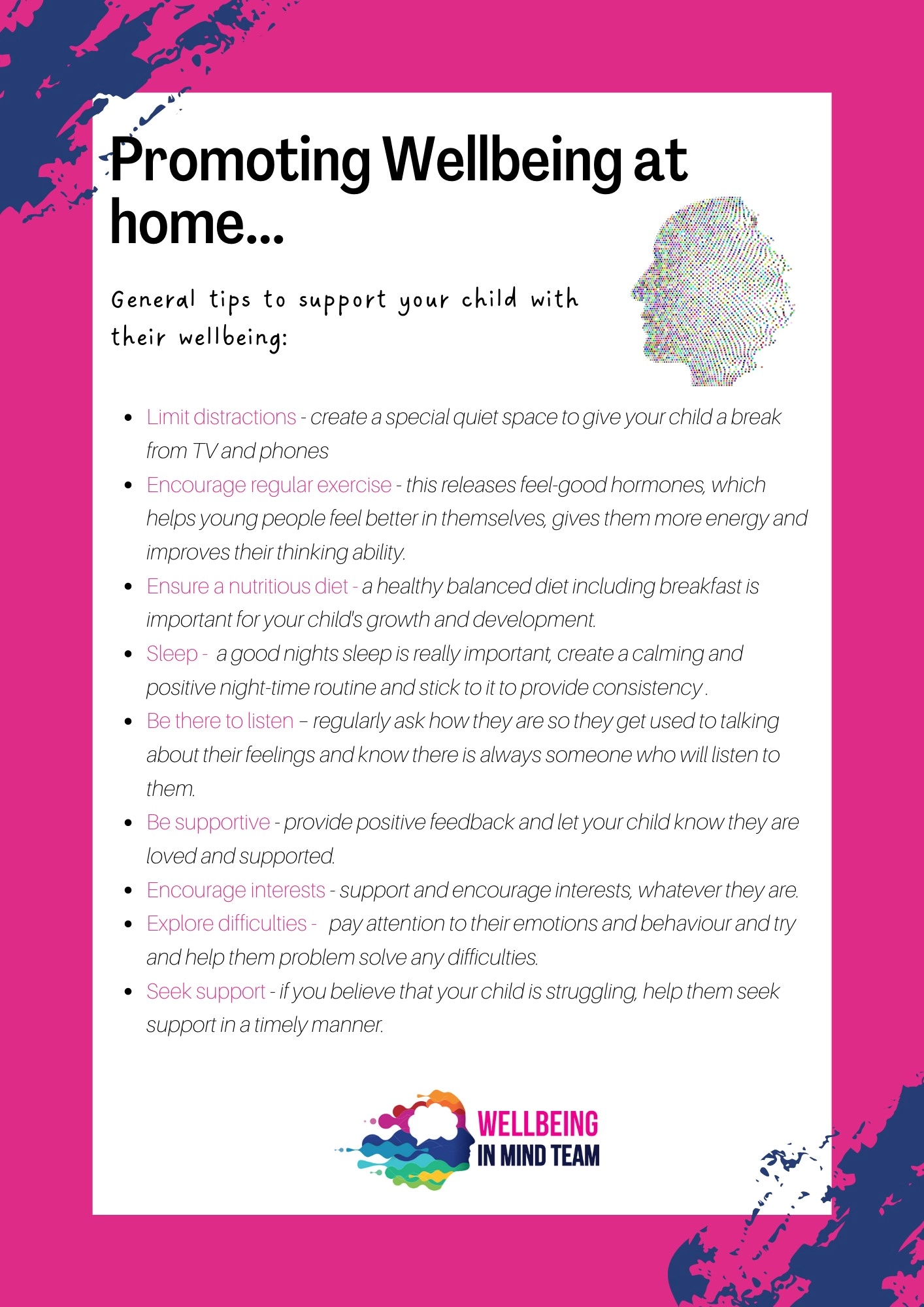
Support for your child
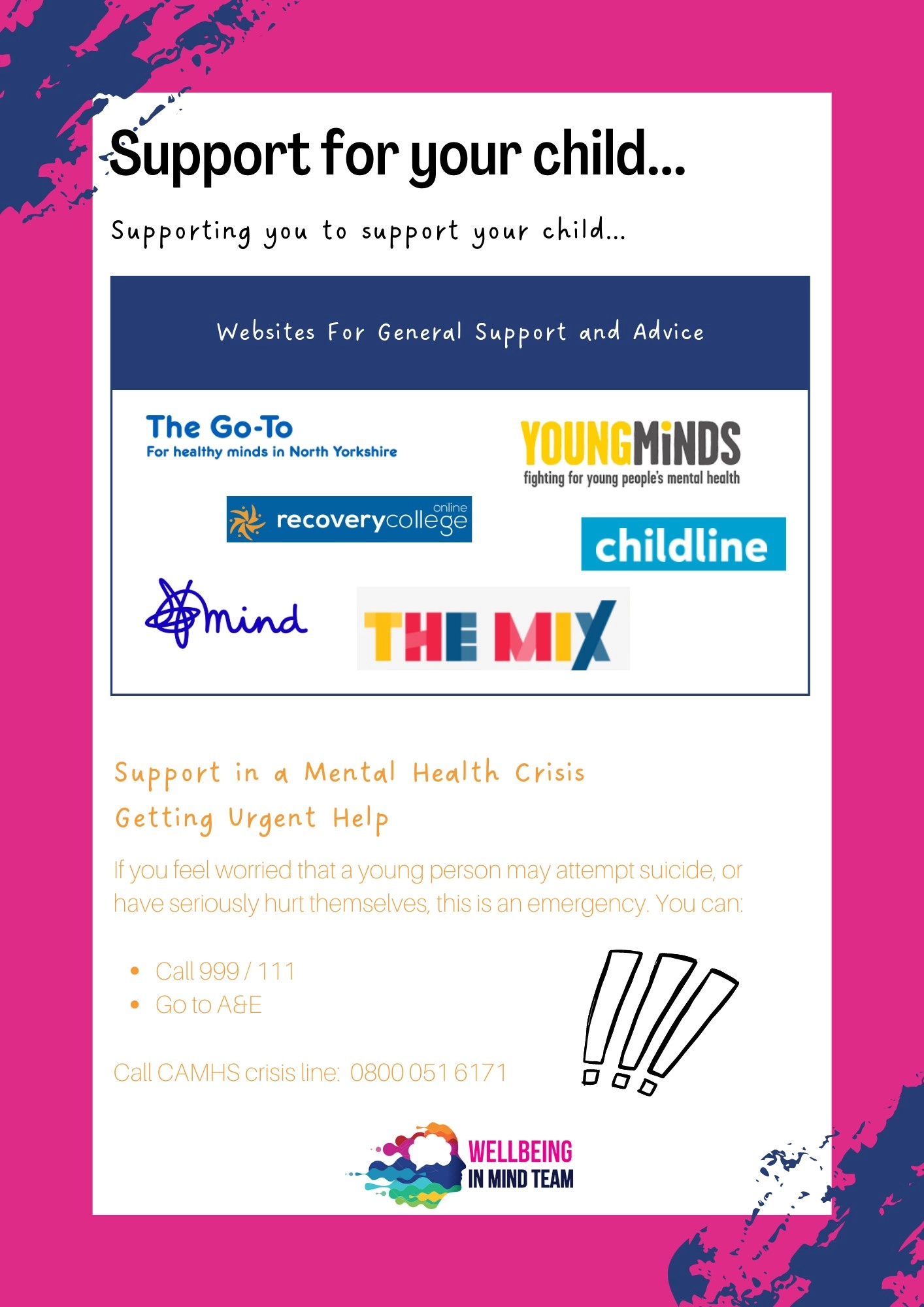
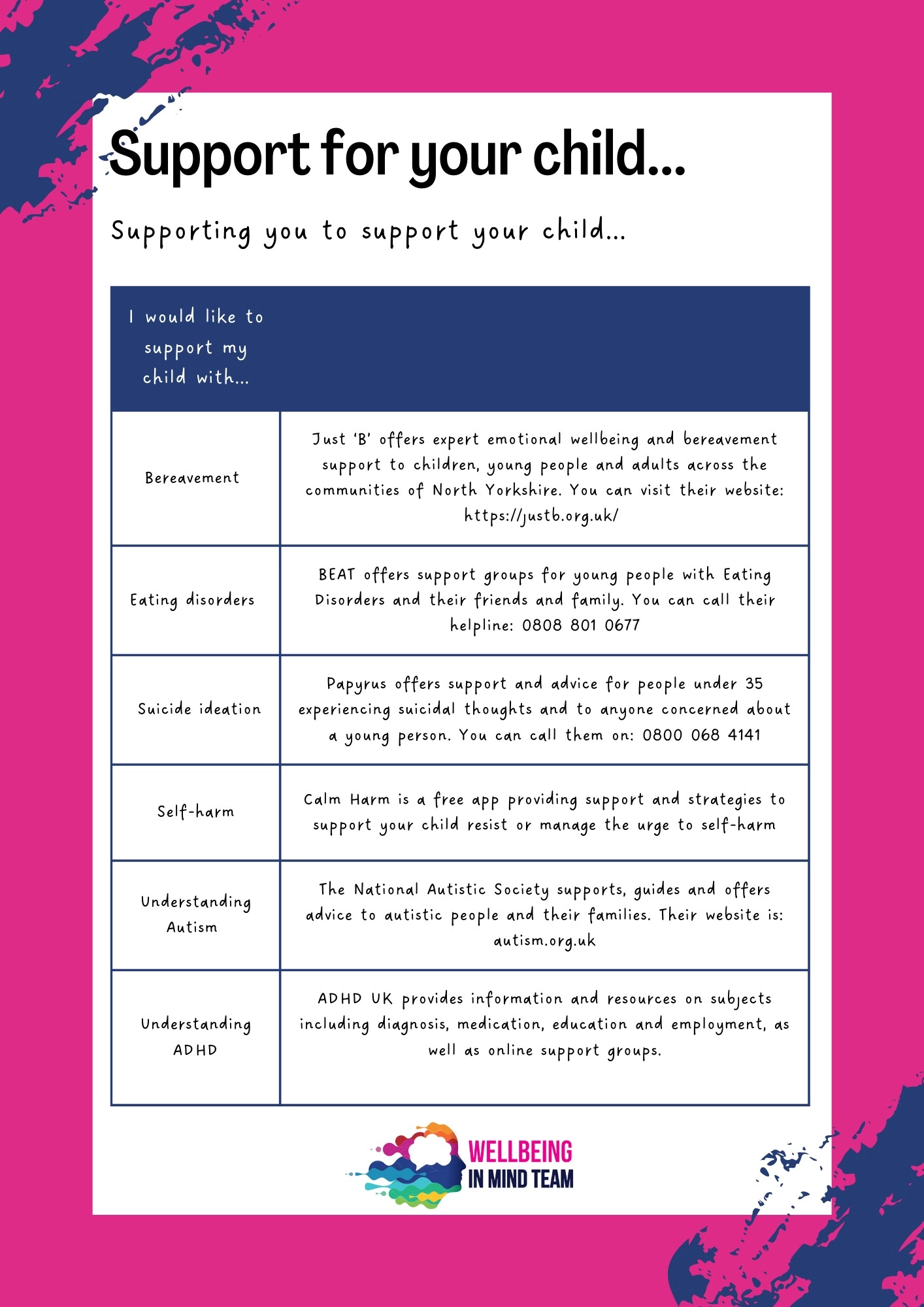
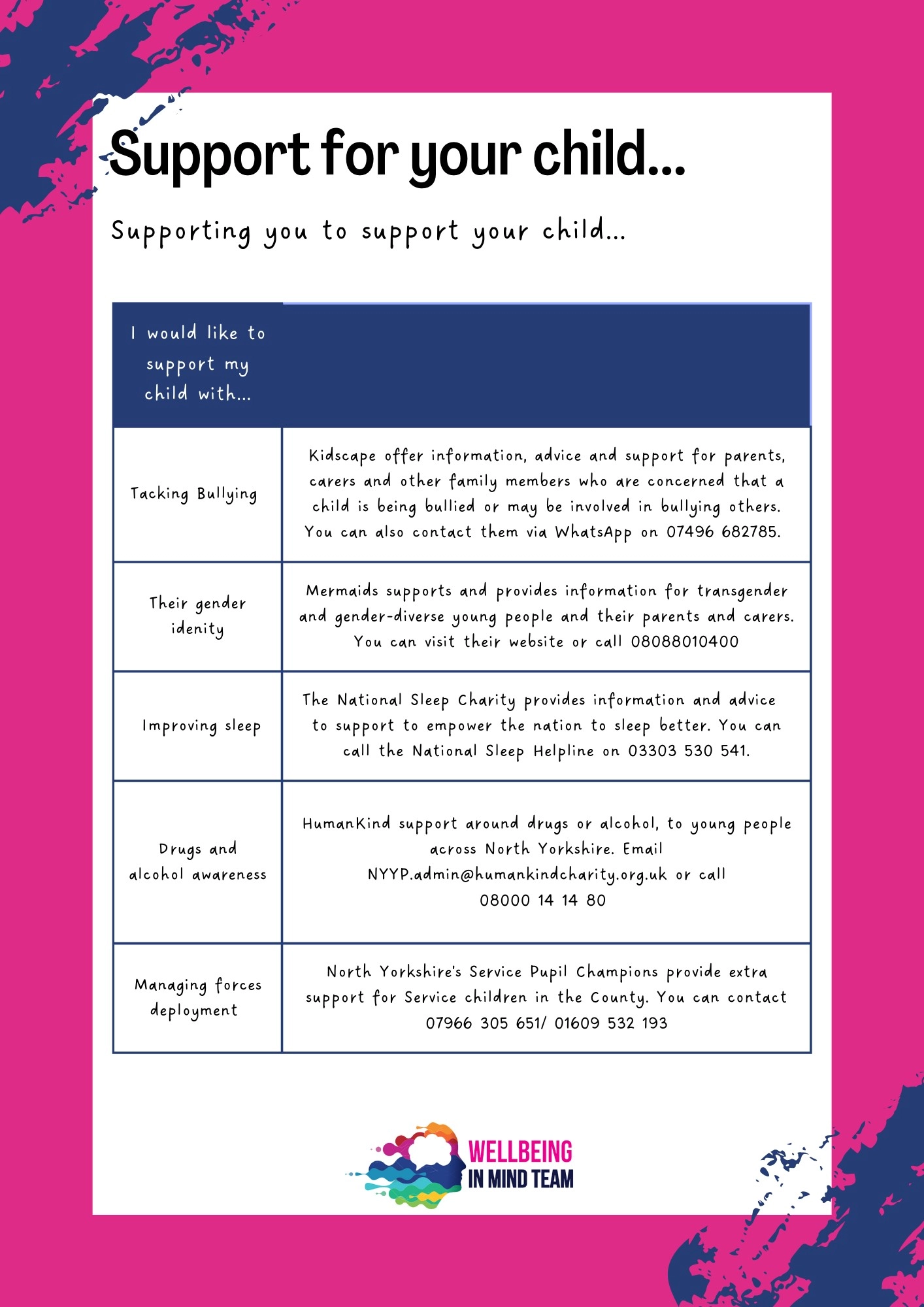
Support for parents
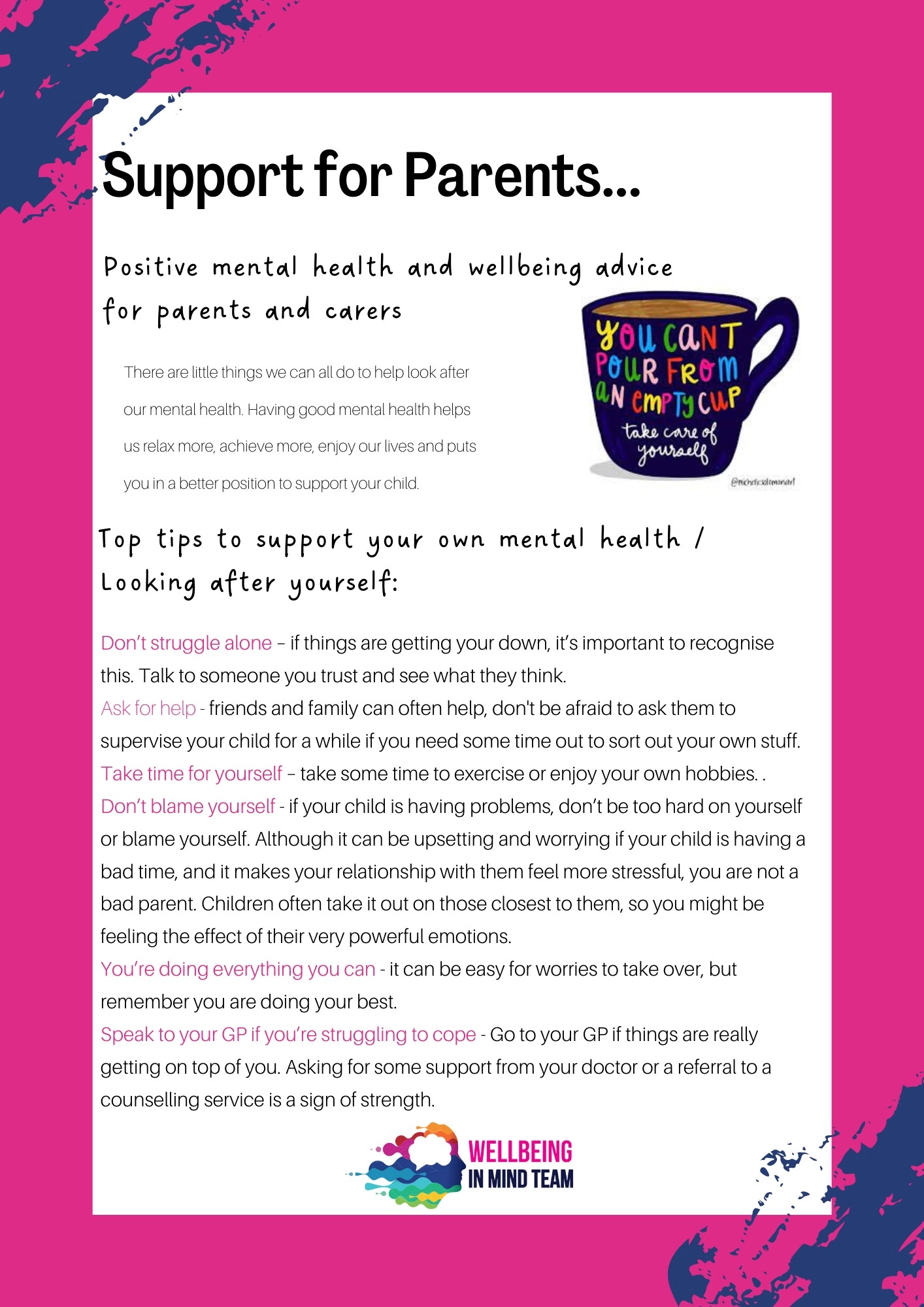
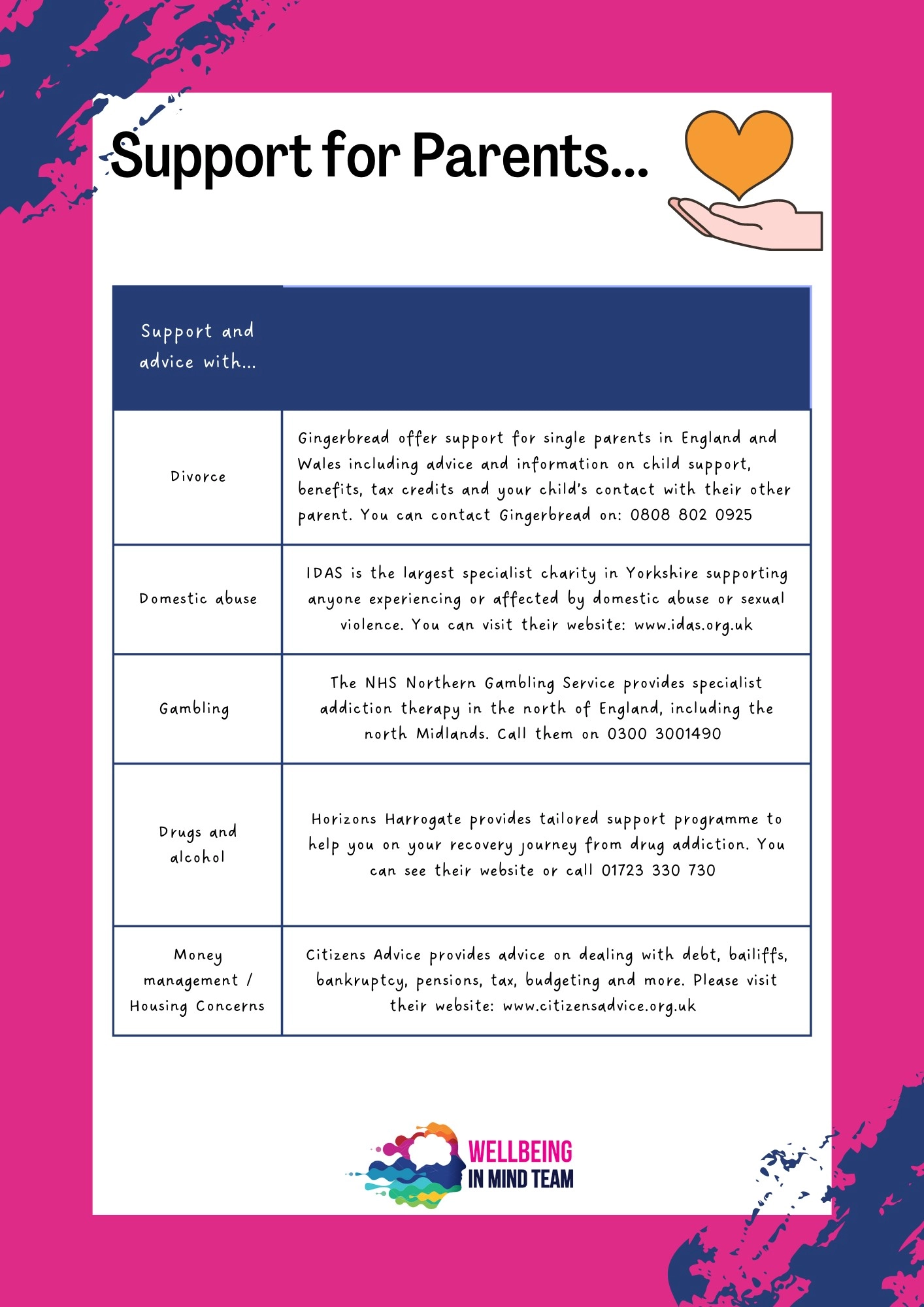
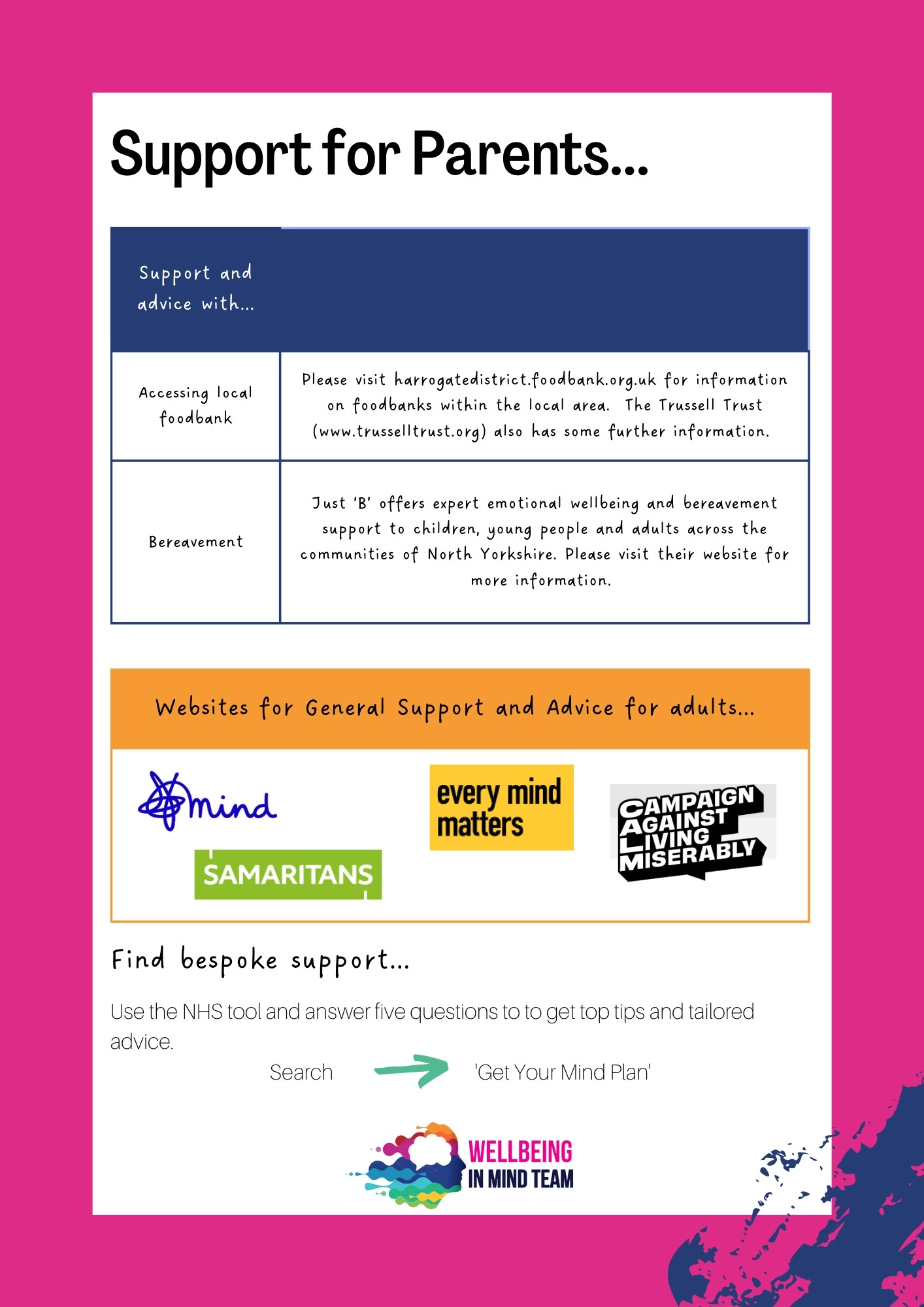
Just B
 Just B provides emotional wellbeing support to our students, should they need it. This service provides children and young people with a space to share, explore and develop an understanding of their lives and emotional responses. Support is flexible, holistic and integrated with other services, based on the needs of the child or young person.
Just B provides emotional wellbeing support to our students, should they need it. This service provides children and young people with a space to share, explore and develop an understanding of their lives and emotional responses. Support is flexible, holistic and integrated with other services, based on the needs of the child or young person.












